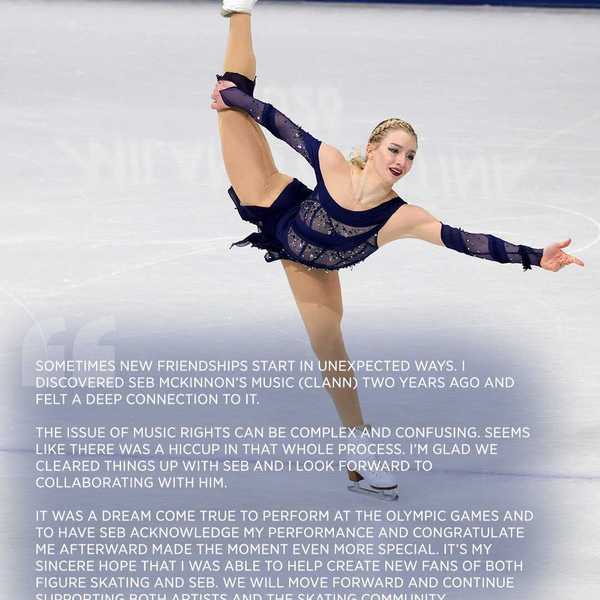SOCAN Achieves Record Revenues, But Digital Income Fails Most
SOCAN reports record revenues of $350M in 2017 to its members, but the average creator member earned a paltry $38.72 in the year from audio streams.

By FYI Staff
Performing rights org SOCAN, the largest organization in the Canadian music industry, reports record revenues of $350M accumulated and distributed in 2017 for its songwriter, composer and music publisher members.
It did so, however, with a hefty dose of realism, acknowledging the fact that the vast majority of members who received payment for their streamed music in 2017 earned an average of only $38.72 despite a 46-percent increase in Internet-based revenues over 2016.
"SOCAN is collecting more overall on almost every level," org CEO Eric Baptiste reports. "Our investment in artificial intelligence, blockchain and other technologies position us at the forefront of the music rights industry now, providing a positive path to the future. Canada's and the world's music creators and publishers are receiving more of what they have earned; however, in most cases, those amounts are too small because of frequently unfair royalty rates that are not commensurate with the true value of their creative intellectual property."
Continuing: “SOCAN as an organization is collecting and distributing more royalties than ever because of the incredible work of our domestic and international licensing teams,” the CEO said in a statement Wednesday (Jan. 31).
“Investments in technology and our ability to match data with members' songs have played a significant role as well,” he continued. “However, we are restrained with our celebrations,” Baptiste said, adding that remuneration from digital platforms falls short of expectation.
According to preliminary financial results, SOCAN's revenues collected for its 150,000-membership continued to accelerate, mainly due to “long-term investments in leading-edge technologies, strategic acquisitions and mutually beneficial partnerships.”
Estimated highlights include:
Total performing rights revenues in 2017 of more than $350M, a 6.4% increase over 2016 and the first time exceeding $350M.
Total distribution of royalties to members of more than $300M for the first time in the organization's history.
advertisementDomestic revenue of $274M, an increase of 4.5% over last year's record, and a 35% increase since 2012.
A 46% increase in Internet audio streaming revenues compared with 2016, with $49.3M realized.
Royalties from non-Canadian sources of more than $75M, now the #1 revenue stream for SOCAN members, reflecting the strength of Canadian repertoire represented by the Org.
The company added that the substantial increase in international royalties collected and distributed is attributable to "the impressive performance of members' works worldwide, a favourable exchange rate, and the efforts of SOCAN's International Relations and Membership teams."

















